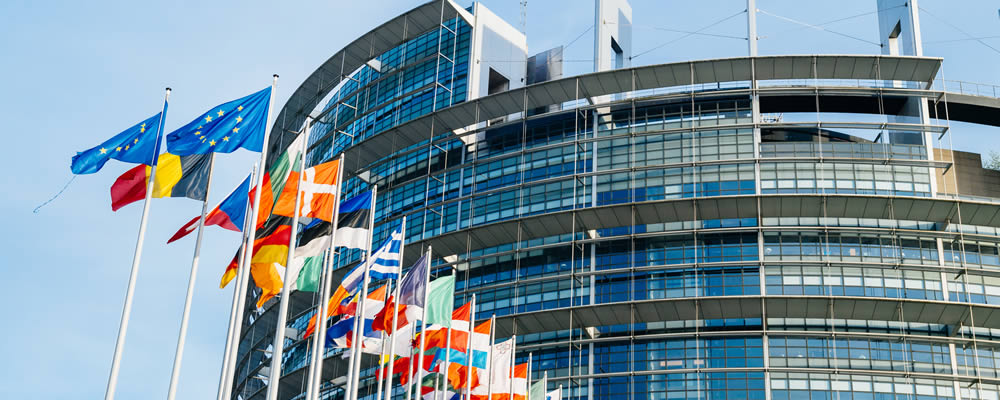With the initial disappointment of Germany’s election results starting to ease the Euro Australian Dollar exchange rate edged higher once again.
Although Angela Merkel looks set to remain tied up in coalition talks for some time to come investors soon started to look past the increase in domestic political uncertainty.
An unexpectedly strong uptick in both Italian business and consumer confidence helped to bolster the appeal of the single currency on Wednesday, suggesting that domestic conditions are improving.
As the Eurozone M3 money supply also strengthened further than forecast in August, rising 5% on the year, this offered further encouragement to investors.
This could give the European Central Bank (ECB) greater cause for confidence, potentially improving the odds of policymakers taking a more hawkish view on monetary policy in the coming months.
A fresh uptick in September’s German consumer price index could offer the EUR AUD exchange rate a boost on Thursday.
So long as inflationary pressure within the Eurozone’s powerhouse economy continues to show signs of building then the case for the ECB to start tapering its quantitative easing program will strengthen.
However, if inflation fails to pick up further on the year this could weigh heavily on the Euro.
As the ECB has continued to largely dismiss recent inflationary pressure as the result of transitory factors any softening in the CPI is likely to give investors fresh reason to sell out of the single currency.
Doubts over RBA Outlook Weigh Down Australian Dollar
Confidence in the Australian Dollar, meanwhile, remained muted thanks to the general sense of risk aversion that has dominated markets since the start of the week.
Escalating tensions surrounding North Korea and the increased sense of political uncertainty in the Eurozone and New Zealand have limited the appeal of the risk-sensitive ‘Aussie’.
Doubts have also grown over the likelihood of the Reserve Bank of Australia (RBA) delivering a more hawkish policy outlook in the near future.
As analysts at Westpac noted:
‘The international backdrop is expected to be less supportive, with world growth moderating, led by China, and with commodity prices retracing from current highs.
‘Under these circumstances we do not support current market pricing which points to the beginning of the rate hike cycle in mid-2018 with a full rate hike priced in by end 2018. We continue to expect rates to remain on hold in 2018.’
With fresh Australian data rather lacking this week the Australian Dollar is unlikely to find particular support in the near term.
However, if Friday’s private sector credit figures show an uptick on the year and points towards increased confidence within the domestic economy this could dent the EUR AUD exchange rate.
Current EUR AUD Interbank Exchange Rates
At the time of writing, the Euro Australian Dollar exchange rate was trending higher around 1.4975. Meanwhile, the Australian Dollar Euro exchange rate was on a narrow downtrend in the region of 0.6675.



